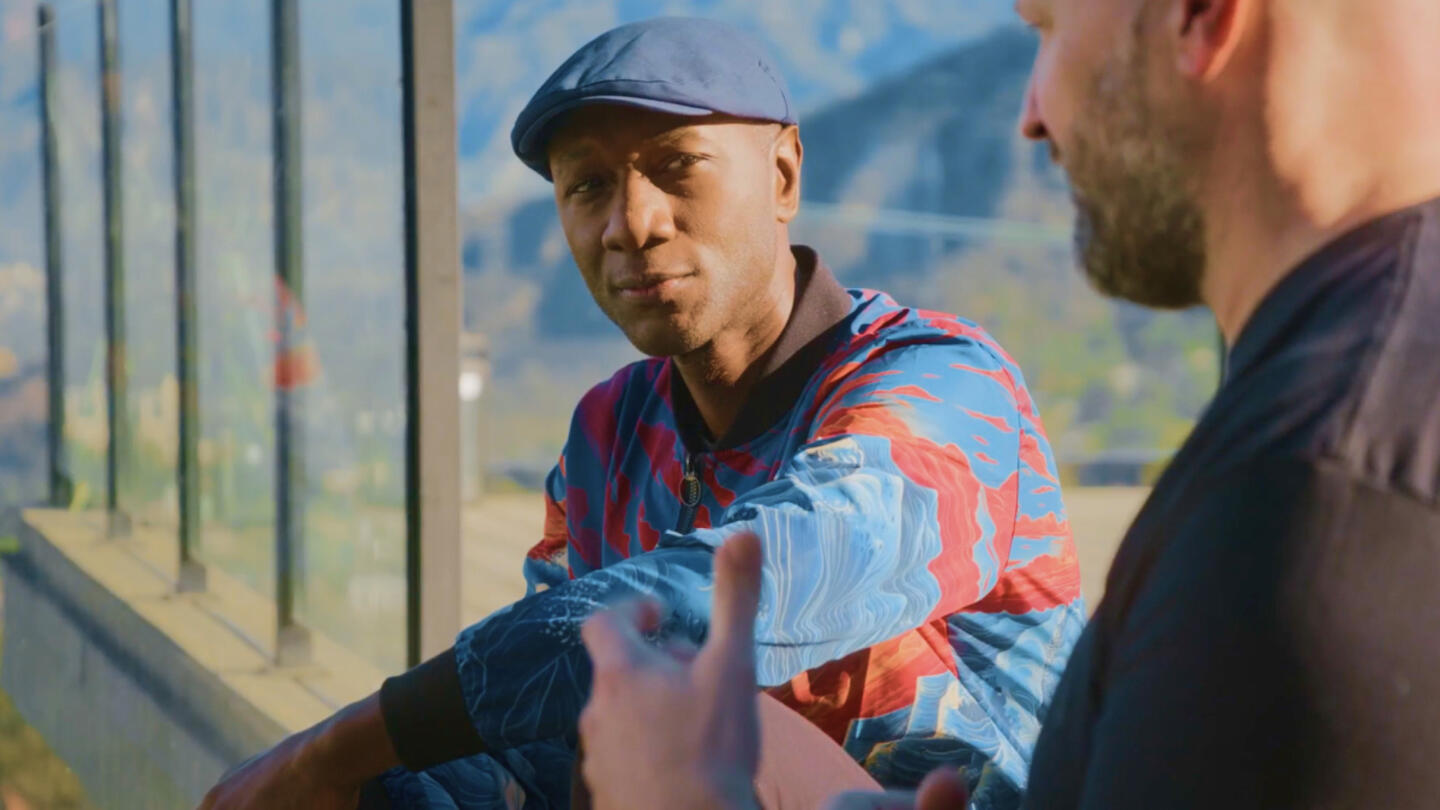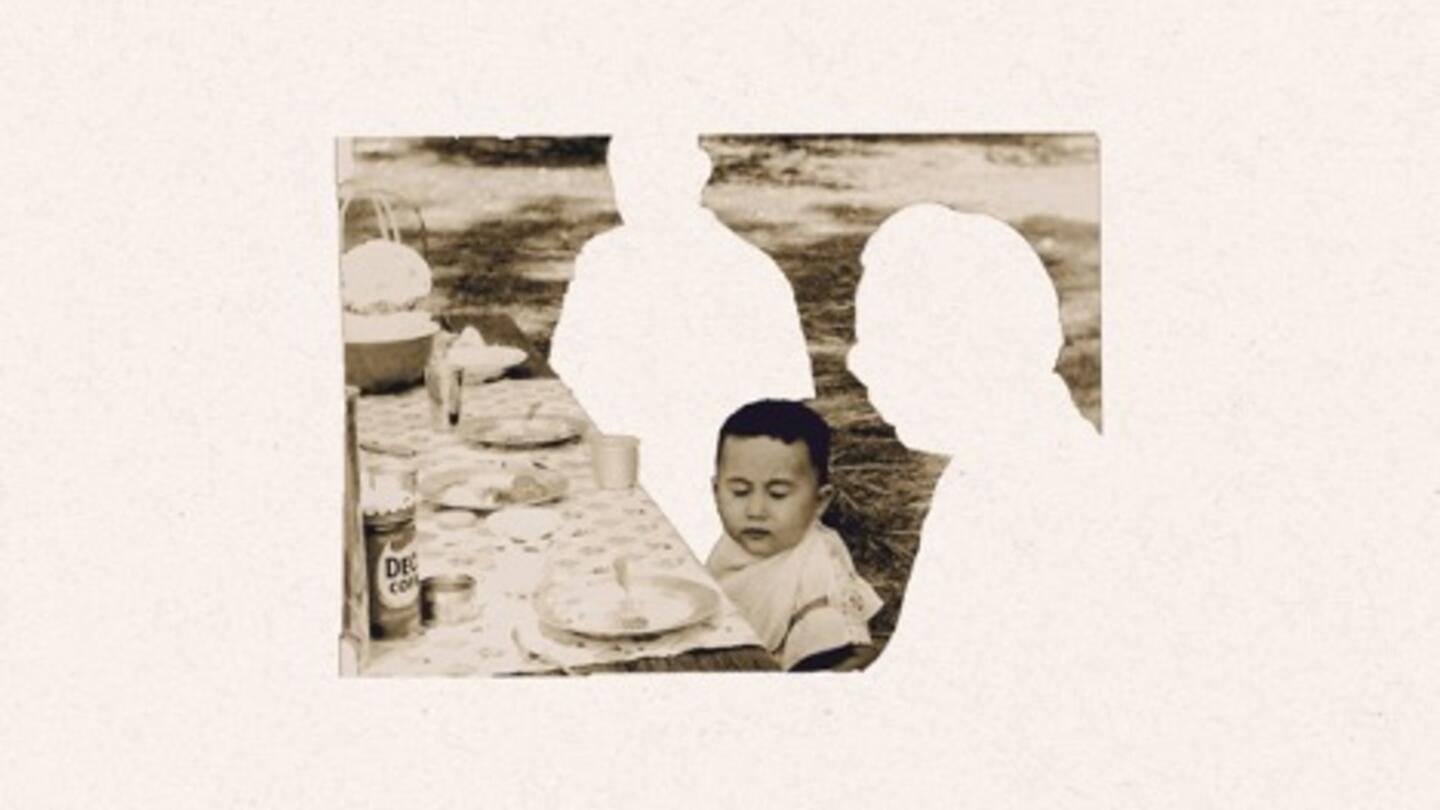“Fostering, it is not for the faint of heart.”
Jana and Chris Miller were speaking from experience when they made that statement. As foster parents, they took on the monumental task of attempting to undo a multi-generational legacy of trauma. Their struggle is all too familiar to many other families who have opened their doors to foster children.
In the United States, there are currently around 400,000 children in the foster care system. Around half of the families who decide to serve as foster parents end up closing their home within the first year. This isn’t due to malice. They are often overwhelmed and burn out quickly from the challenging undertaking of parenting in the foster system.
“It’s because they’re not equipped, and they say, ‘I can’t do this. It’s too hard,’” says Susan Ramirez, CEO of National Angels.
The majority of organizations that support foster families focus on providing one-time resources to the children. But National Angels is putting a different vision forward. They believe that transforming the lives of foster children — as well as the outcomes of the system at large — starts with deploying resources towards supporting foster parents and looking for ways to support the whole foster family unit.
“I want you to close your eyes for a second, and I want you to imagine a world where families are supported by community, and everyone feels a deep sense of belonging,” Ramirez described.
She characterized National Angels' approach to transforming the foster care system as creating a “radical community that walks alongside families.” By building a network of local volunteers who can provide consistent support and long-term relationships, National Angels ensures the well-being of parents and children alike. Their community-first approach to the foster care system empowers foster families with the resources, stability, and relationships they need to pursue their fullest potential.
“Not everybody is called to foster, but everybody can play a role and make a difference in a child’s life,” said Ramirez.
Harnessing the power of the village to raise a family
Lacking the resources they need, many foster families are forced to close their doors. As a result, youth experiencing foster care often move through many homes in quick succession. Without stability, these youths’ chances of succeeding in life can be starkly low.
According to CarePortal, 50% of people experiencing homelessness, 60% of child sex trafficking victims, and 75% of those incarcerated all spent time in the foster care system. The broken foster system affects far more than foster families and children. By decreasing positive life outcomes, it plays a role in social problems like mass incarceration, homelessness, and human trafficking.
Abel and his siblings were no strangers to frequent moves. They were eight of the more than 400 children experiencing foster care in Austin, Texas. About 10 days after his 15th birthday, Child Protective Services removed Abel and his seven younger siblings from their home.
“When I heard we were being split apart, it just broke me a little bit,” Abel remembered.
They found themselves shuffled between 12 different households through no fault of their own, as Jana pointed out. Foster parents simply didn’t have the resources to take care of them.
Jana and Chris felt the same challenges when Abel and his siblings finally joined their home. “I never cried in my closet before becoming a foster parent … I didn’t even know if the youngest knew how to take a bath by himself,” Jana recalled. “You don’t know what their favorite foods are. You know nothing about them.”
Adding to these challenges were Abel’s understandable trust issues. Every time he got close to an adult, they left. This compounded the already substantial challenges that came with foster parenting.
“You’ve got this perfect storm of a child who’s heartbroken and a family who’s trying to do the best that they can, but they’re ill-equipped,” said Ramirez. “Instantly, that’s where we intervene.”
Sign up for the Strong & Safe Communities newsletter for stories, ideas, and advice from changemakers working with their neighbors to address the biggest problems we face.
National Angels gives foster families the tools and support they need to embark on a full life with their children. Everything, from babysitting to community events to mentorship, is provided through a network of local volunteers who rally together to give foster families the resources and relationships they need to be empowered and supported.
This brings in a hugely advantageous, but often underused tool: community. Many want to help underserved children, but the only option presented is foster parenting. If they are unable to take on that responsibility, their willingness and ability to make a difference go unused.
National Angels says tapping into local communities can make a huge difference between a family forced to shut their home and a family that serves for years to come. By mobilizing around foster families and serving as a support system, neighbors and peers can help uplift and support foster families, even if they’re unable to take on fostering duties directly.
“Many programs will just focus on the one youth or one aspect of it, but what we are trying to do is encompass the entire family with community,” Ramirez described.
And that means longevity. Kids grow, and their needs evolve and change with them. National Angels stays with the families to meet those changing needs. “Through the consistent support, that’s where the real magic happens,” Ramirez said.
The Millers first encountered National Angels while looking for long-term relational support they knew they couldn’t provide alone.
“One of the big things for us was to tell Abel, ‘It’s ok. You need to go be a kid,’” Jana remembered. “But we knew that we needed community support.”
The Millers wanted to pair Abel, who had grown up as the “parent” of his sibling group, with a mentor to guide and relate to him on a closer age level. Through National Angels, Abel found Connor Copeland, who believed his role was to be a constant friend.
“It really is just being there for someone,” said Copeland. They go rock climbing and paddle boarding, play video games, and watch movies. Most importantly, Conner and Abel are able to talk openly, share experiences, and build memories. Today, Abel considers Copeland one of his best friends.
“I really have seen him grow into himself really beautifully these past three years,” Copeland described.
In the meantime, the local community supported Chris and Jana, empowering both them and Abel to pursue life more fully.
“He gradually just was more at ease,” Chris remembered of Abel. “When his siblings would come over, he would say, ‘Ask the adults.’ And that transition of power allowed him to offload that burden and really get more involved in him.”
Breaking the cycle and rewriting the story
Today, Abel is leaving his home — but this time, it’s by choice. He’s moving into a college dorm. His family and Connor will be helping him every step of the way.
Abel and the Millers are just one example of a foster family that was able to stay together and thrive by harnessing the resources communities can offer.
“Foster parents foster longer,” Ramirez explained. “We’re seeing them not close their homes. We’re seeing children rise to their fullest potential.”
Their success isn’t just anecdotal: While 50% of foster families close their homes after one year, 77% of families supported by the local community continue to foster. “We are breaking generational cycles of trauma and heartbreak,” Ramirez said. “We’re helping to rewrite the statistics.”
“With this whole support network, you’re just in a position of saying ‘yes’ more,” said Chris. That included saying yes to adopting two of Abel’s sisters and his younger brother.
“The Millers adopted all of us,” Abel said. “One of the best days of my life.”
***
National Angels is supported by Stand Together Foundation, which partners with the nation’s most transformative nonprofits to break the cycle of poverty.
Learn more about Stand Together’s efforts to build strong and safe communities and explore ways you can partner with us.

At this ‘resort,’ children with intellectual disabilities are seen as gifts to be celebrated and loved.

Veterans experience loss when leaving service. Could this be key to understanding their mental health?

The Grammy-nominated artist is highlighting the stories we don’t get to hear every day.

With his latest project, Blacc isn’t just amplifying stories — he’s stepping into them
